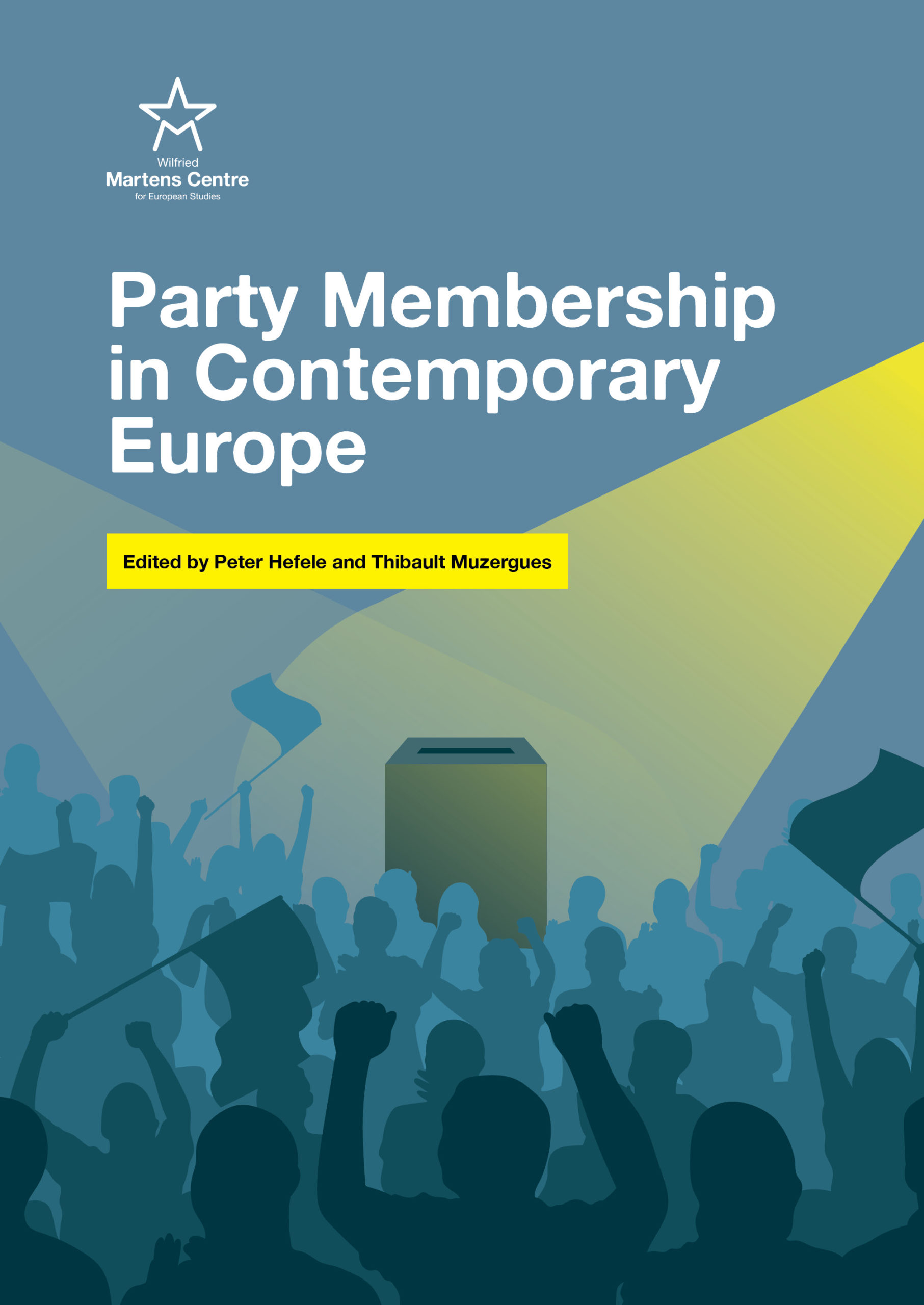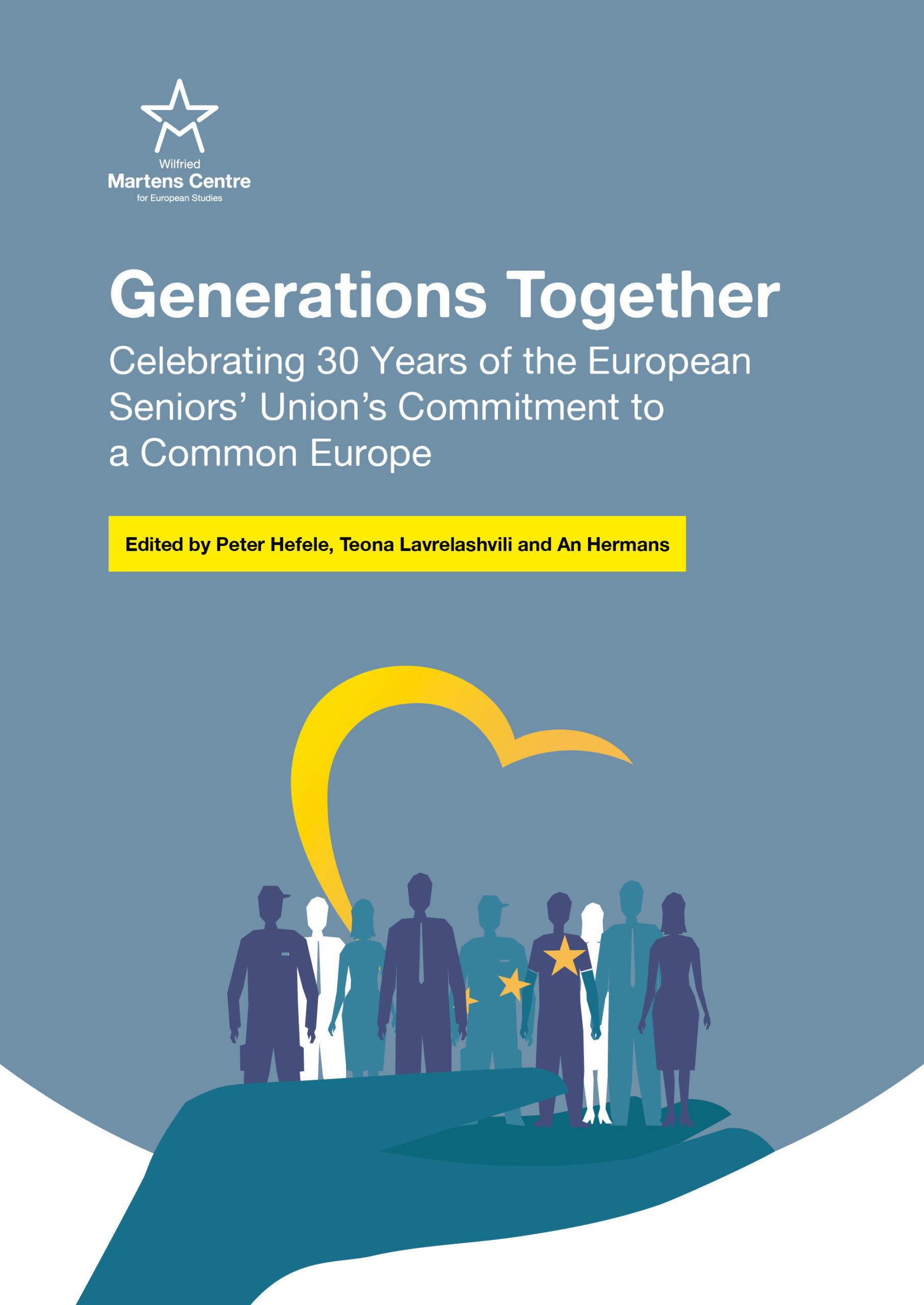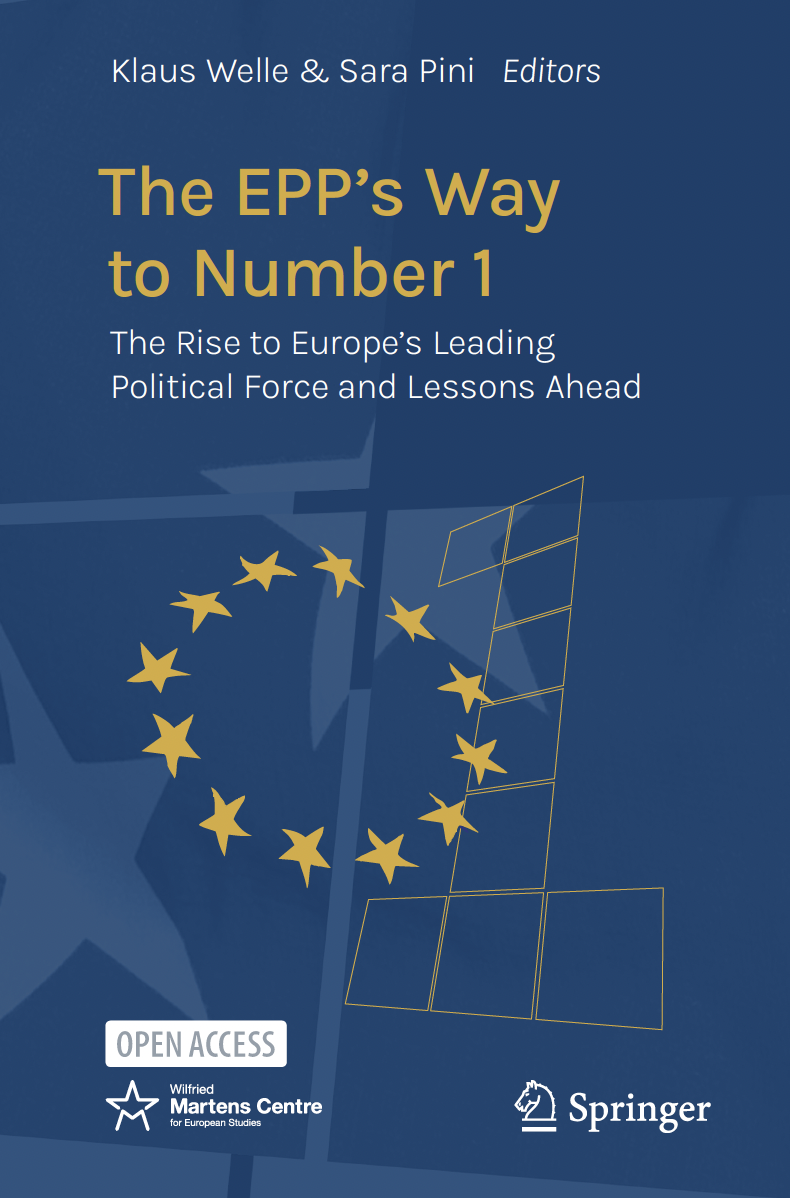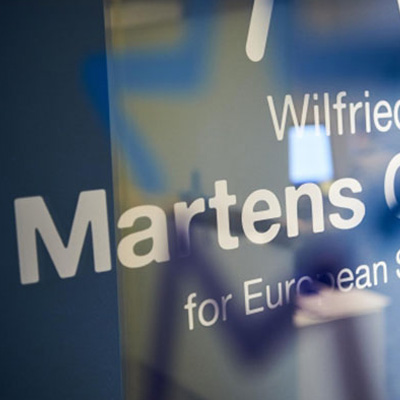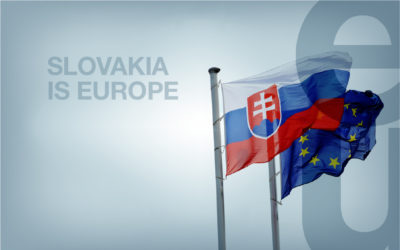A Centre-Right Response to Europe’s Radical Right
26 June 2025
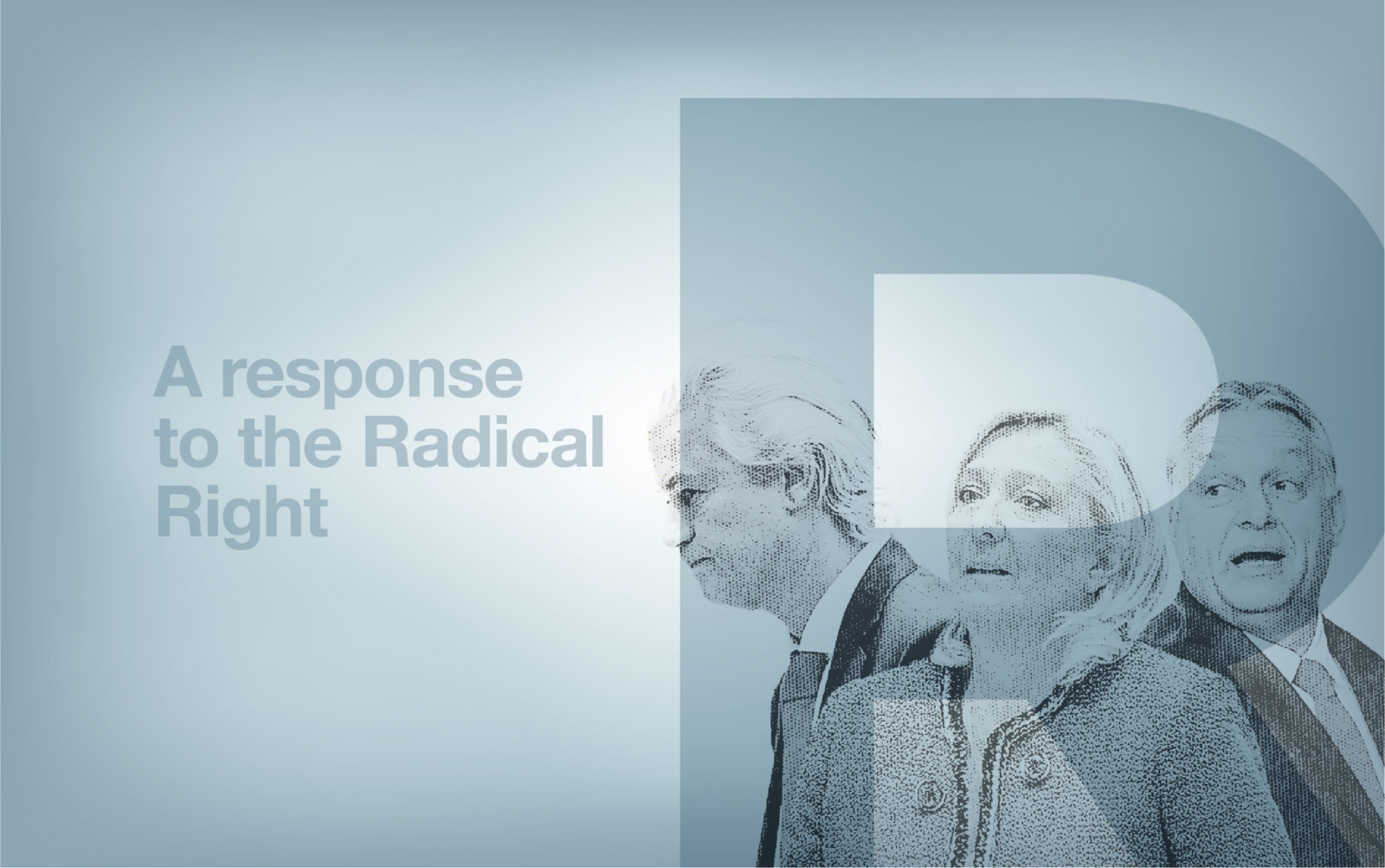
The European Parliament elections of June 2024 marked a watershed moment. For the first time since direct elections began in 1979, a ‘small’ third of the Parliament’s members sit on the right and the far-right, including those who, because of their radical views, cannot secure any group affiliation. Forces to the right of the European People’s Party have grown consistently in size since 2009, as both the traditional centre-right and centre-left declined. This trend was only reinforced by Donald Trump’s recent return to the White House and, on this side of the Atlantic, by Alice Weidel’s Alternative für Deutschland entrenching themselves as one of Germany’s major parties.
Given that many of the parties on the radical right can be identified as anti-system parties, serious questions about the continued viability of the post-Second World War political order, based on European integration, transatlantic partnership and parliamentary democracy, arise. In an ambitious new volume we edited for the Wilfried Martens Centre for European Studies, we asked more than 20 leading academics, politicians and practitioners to address these questions from the perspective of Europe’s leading centre-right political traditions: Christian democracy and conservatism. Some takeaways are worth emphasising.
First, we currently see a mushrooming of new initiatives and organisations engaged in a major effort at ‘political identity theft’, claiming the mantel of conservatism and Christian Democracy for the radical right. Unfortunately, the growing support of the Christian right for such tendencies is an important source of their legitimacy and success both in the US and in Europe. However, Christian democracy has historically been a moderate force whose key concepts – from personalism to subsidiarity and the social market economy – all have a mediating quality, attempting to reconcile seemingly irreconcilable opposites and avoiding excessive polarisation. On the contrary, the new right-wing Christian identity politics seems a secularised version of the illiberal and anti-pluralist political Catholicism widespread a century ago, before Christian democracy arose.
Similarly, conservatism has mostly been a pragmatic approach rejecting abrupt ruptures based on abstract blueprints and favouring gradual evolution and historical continuity. This seems difficult to reconcile with the urge of today’s radical right to upend such crucial pillars of the established order as democratic checks and balances, European integration and the Transatlantic Alliance. Their posture is reminiscent, once again, of the insurrectional and ‘revolutionary conservatism’ of the 20th century’s interwar period, though certainly not of fascism, as often wrongly argued by many commentators.
Second, the drivers of the massive political realignment we witness appear to be both socio-economic and cultural. Indeed, right-wing populist parties mostly harness the insecurities and frustrations of lower middle class and working-class citizens with traditionalist values. Their economic insecurities were heightened in the long period of financial crisis, loss of confidence in the benefits of globalisation, debates about the viability of the euro and sluggish recovery. Their values are challenged by the aggressive ‘culture wars’ that have become the dominant item on the agenda of so many leftist forces.
These distinct socio-economic and cultural dimensions are explosively combined in the challenges posed by mass migratory flows, which unsurprisingly have been a fundamental driver in the radical right’s affirmation across Europe and the West. Though originally founded on an anti-euro and anti-bailout platform, for example, AfD massively capitalised on the consequences of the mid-2010s migration crisis and of Angela Merkel’s open-door policy. On the contrary, mainstream political forces in Denmark (including centre-left ones) managed to reduce the once very sizeable support for the country’s radical right to electoral insignificance by simply taking this matter seriously and firmly addressing it.
This leads us, so to say, from diagnosis to therapy; i.e., to what centre-right parties can do to stabilise Western political orders and maintain social and cultural cohesion in our societies. To begin with, it is clear that indiscriminate exclusion policies are no longer advisable. On the contrary, cooperation with right-wing parties that are willing to moderate their positions and ready to play a constructive role at the European and transatlantic level should be welcomed, not least to separate them from true right-wing radicals.
More importantly, the root causes of right-wing radicalism must be addressed. The Danish example might be difficult to follow elsewhere for legal and political reasons, Denmark having an opt-out from EU justice and home affairs policies. However, stricter immigration controls and firmer integration policies appear to at least partly address the concerns of poorer citizens about migrants forming ghettos and competing with the unskilled locals for jobs, housing and social services. Moreover, there is evidence that more openly challenging the illiberal and ‘cancelling’ instincts of so much of the left would be advisable, not least to discourage at least part of the Christian right from gravitating towards radical parties. In fact, for everybody’s sake, the left itself might be better advised to rediscover their original calling as the champions of society’s most disadvantaged strata, which, unsurprisingly, by now represent the strongest source of electoral support for the radical right.
Finally, and perhaps most difficultly, the growth and innovation engines of Europe have been jammed for too long, and must be rekindled through the appropriate mixture of regulatory simplification, investments and socio-economic reforms, as no democratic polity can be stable for long without a prosperous and aspirational middle class.
Challenging as this agenda may be, current political balances in EU institutions and in many member states appear relatively auspicious to its successful pursuit. Indeed, the announced priorities of the second Von der Leyen Commission, from security and defence to immigration and competitiveness, appear considerably closer to it than those of the first Von der Leyen Commission. Overall, only a platform of European strength across all policy fields will be able to stabilise the centre and centre-right of our political systems and rein in right-wing radicalism.
ENJOYING THIS CONTENT?







